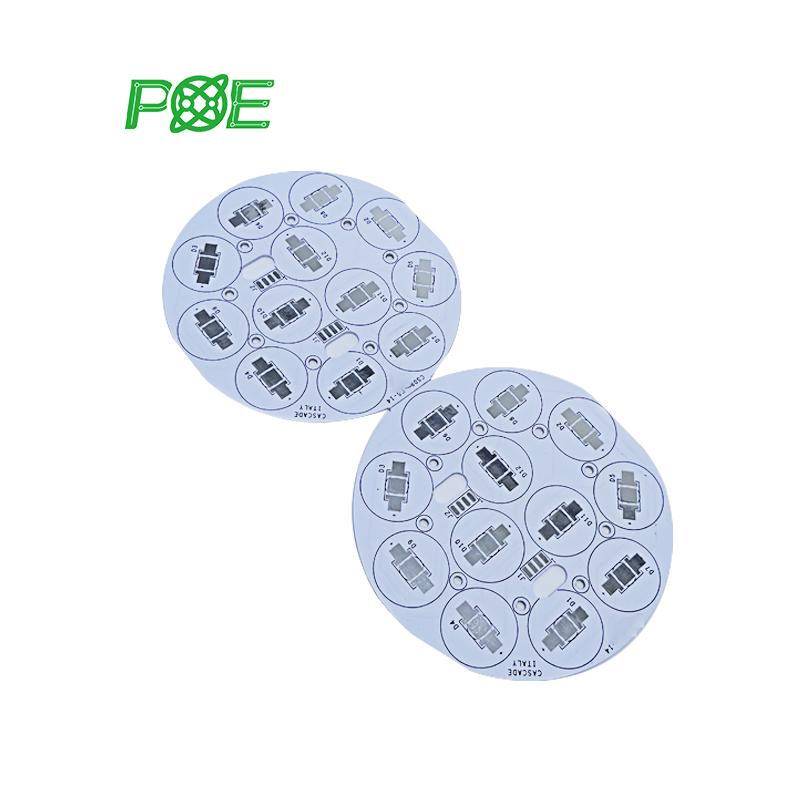Aluminum PCBs are best for applications that generate too much heat. The thermal envelope effectively dissipates heat. Most high-power circuit designs are manufactured on aluminum PCBs because they dissipate more heat than usual circuits. Aluminum PCBs are specifically designed for power converter applications, but LED application manufacturers have recently become more interested in using them because of their amazing heat dissipation capabilities. Aluminum PCB has various advantages over other PCB types.
1. Cost-effectiveness
Aluminum PCB provides heat dissipation function, which can save heat dissipation budget. Since aluminum is naturally extracted, unlike most PCB types, it can be recycled and is cheap.
2. Environmental protection
Unfortunately, certain PCB types are toxic and they can adversely affect our environment. The synthetic materials used in the manufacturing process are not safe for the health of consumers. However, aluminum is a natural element, and its PCB is safe and will not harm the environment.
3. Efficient heat dissipation
Some components will dissipate heat and their heat radiation may damage their manufacturing. Especially in the case of power ICs, components such as LEDs generate heat as high as hundreds of degrees Celsius. This heat is enough to melt the components and damage the PCB. Aluminum is an effective heat conductor, it can dissipate the heat radiation of these components and keep it cool.
4. Durability
Ordinary fiberglass boards are easily broken under pressure. For circuits placed in harsh environments, aluminum PCBs are recommended. Aluminum has good strength, which makes handling durable and reliable.
5. Lightweight
Compared with its strength, aluminum PCB is lightweight. Since aluminum PCBs do not require or have a small number of heat sinks, the overall weight budget of the circuit is reduced.



